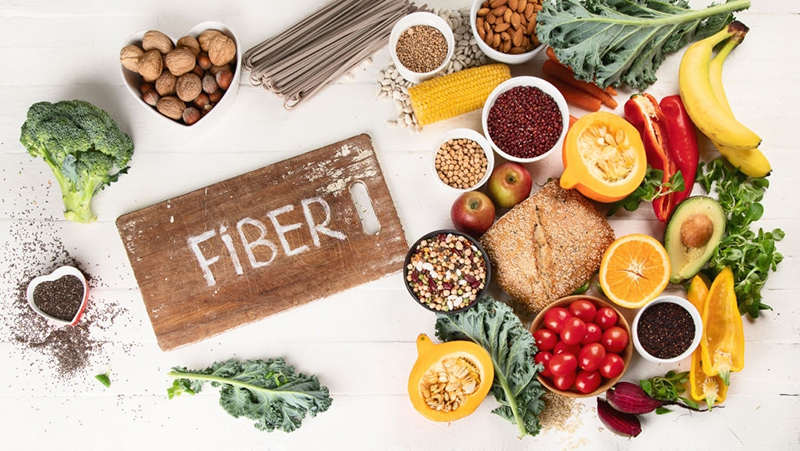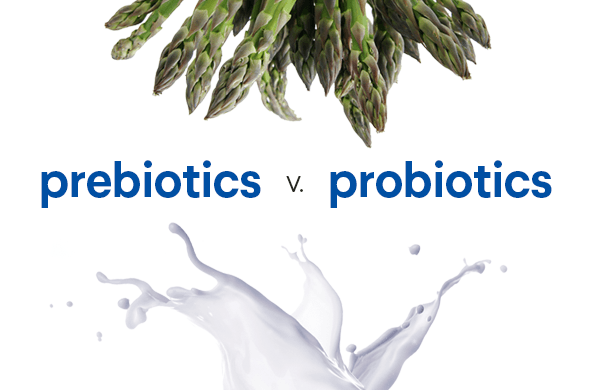If you’ve eaten yogurt, you’ve probably heard of probiotics. Are they safe for dogs? Should you feed your dog probiotic yogurt or a powder or pill?probioticseverything.com
probiotics vitamins
probiotics vitamins
What are Probiotics for Dogs?
Probiotics are friendly bacteria. Dogs and animals have billions of them in their stomach to help fight infections, make the immune system stronger, help digest food, and make vitamins and nutrients. This is called the microbiome and a healthy dog needs a healthy microbiome.If your dog seems to get sick often, it could be caused by changes in their microbiome. It’s a good idea to talk to your vet. probioticseverything.com
probiotics vitamins
probiotics vitamins
Types of Probiotics in Dogs
Dogs usually have certain types of friendly bacteria in their intestines. These include:
Lactobacillus acidophilus
Lactobacillus casei
Bifidobacterium breve
Enterococcus faecium
Bifidobacterium lactis
In order to keep these bacteria happy, dogs also need prebiotics to feed the bacteria and help them grow. Prebiotics are nutrients that are found in food. probioticseverything.com
probiotics vitamins
probiotics vitamins
What Are the Best Probiotics for Dogs?
There are different types of probiotics for dogs, including food-based, powders, and pills.
Foods with probiotics for dogs. A good source of natural probiotics for dogs is yogurt or kefir with live cultures. Sometimes certain brands use cultures to make yogurt or kefir, but they are not probiotics. Yogurt and kefir may also contain artificial sweeteners, which can be dangerous for dogs. Dogs should only eat plain yogurt with no artificial sweeteners.
Dog foods with probiotics. Some dog foods have added probiotics. This might be an easier way to give your dog probiotics. It’s important to also look for prebiotics in the food that will feed the friendly bacteria.
Bacteria are sensitive to temperature, air, and moisture. This means the way dog food is made, how probiotics are added, and the type of food can all change the quality of the food and probiotics. probioticseverything.com
probiotics vitamins
probiotics vitamins
Probiotic treats. Soft treats that contain probiotics might be the easiest way to give your dog a dose of them. Some treats don’t contain live probiotics and might also have additives and extra preservatives.
Pills. Probiotic capsules are also available. You can hide a pill in canned food or a treat like peanut butter and give it to your dog. Some dogs don’t take pills very well even when they’re in treats. Your dog may spit pills out so you may need to put it directly in their mouth. This might be harder to give your dog.
Powders. Powdered probiotics are also available. Live probiotics in individual pockets are thought to be better. This controls exposure to air and moisture. Powdered probiotics might be harder to give to your dog, though. probioticseverything.com
probiotics vitamins
probiotics vitamins
Benefits of Probiotics for Dogs
A healthy balance of bacteria is important for healthy dogs. Probiotics for dogs have benefits that can help your dog digest food, make and absorb vitamins and minerals, and keep a strong immune system. Some research shows that giving friendly bacteria to your dog can help improve the following:Diarrhea
Gas
Obesity
Bad breath
Allergies probioticseverything.com
probiotics vitamins
probiotics vitamins







